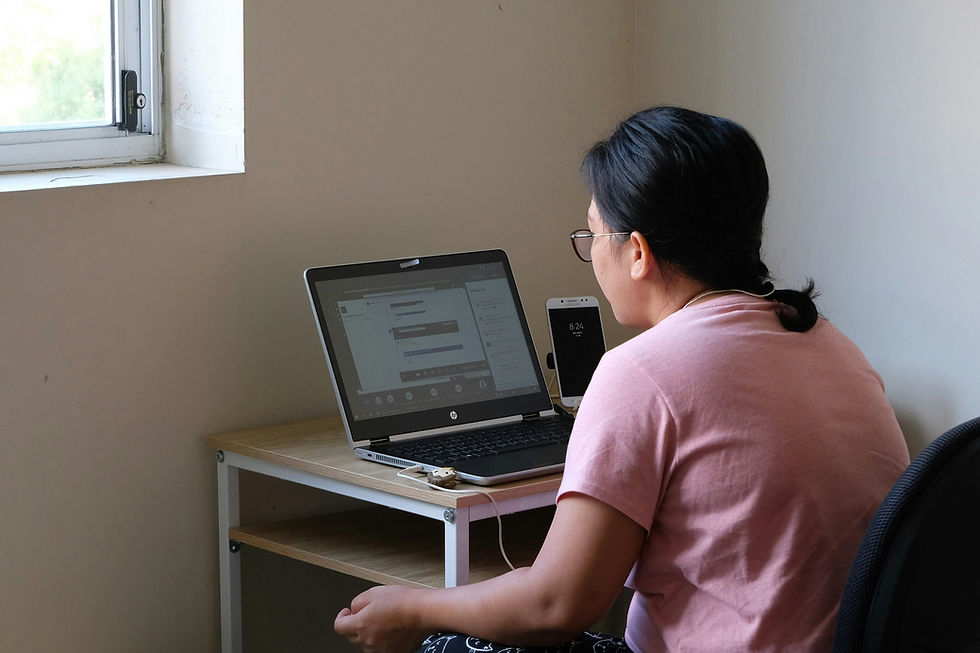Perfect Rebuttals for the Objectionable Reader
- brookewhiggins
- Jun 28, 2017
- 2 min read
My students and followers of this blog hear me repeat all the time that standardized tests are simply reading tests. Don’t get confused by grammar, science or math sections of the test. Since each section of the test requires excellent reading comprehension skills, the test is essentially a reading test. And as my students know, one way to get better at a reading test is more reading.

Nevertheless, sometimes simply explaining the connection between reading and test scores is not enough to motivate a student to read. Objectionable readers come up with excuses to avoid reading.
Luckily most excuses to avoid reading are predictable. They typically fall into three categories: lack of interest, lack of knowledge and lack of time.
Just like a salesperson prepares rebuttals for objectionable customers, here are three rebuttals for the most common reading excuses.
Excuse: Reading is boring.
Rebuttal: Reading is only boring when the material is boring. Find something interesting to read and reading will be interesting. The beauty of reading is that if you are not interested in the story or book, you can put it down and find another one. Pick books, stories or magazines that are interesting to you. Don’t judge all reading by one book. If you are curious about something, find a book about it!
Excuse: I don’t know what to read.
Rebuttal: There are many ways to find out what you can read. Ask a friend. Ask a teacher. Ask a librarian. And per the previous rebuttal, read what is interesting. You can even read things in different formats. Graphic novels, audio books and e-books are all ways to approach reading. Find what works for you and go from there. Pick an author or a genre and try it out. If you don’t like it, pick another. If you like it, keep reading books from the author or in that genre.
Excuse: I don’t have time to read.
Rebuttal: Reading doesn’t take much time. Twenty minutes a day will go a long way. Try reading for ten minutes in the morning when you first wake up as a way to ease into the day. Or find a pocket of time during the day to pick up a book. That could be when you are waiting in line, during a car ride or just sitting around. Sacrifice a small portion of your television or gaming time and make reading part of your routine.
Read, read and read. You have heard it before: more reading means increased test scores. Now you have some solid rebuttals if you or your student objects to reading.
For more tips on how to improve your SSAT, SAT, ACT, PSAT or GPA, contact CROSSWALK today.




Comments